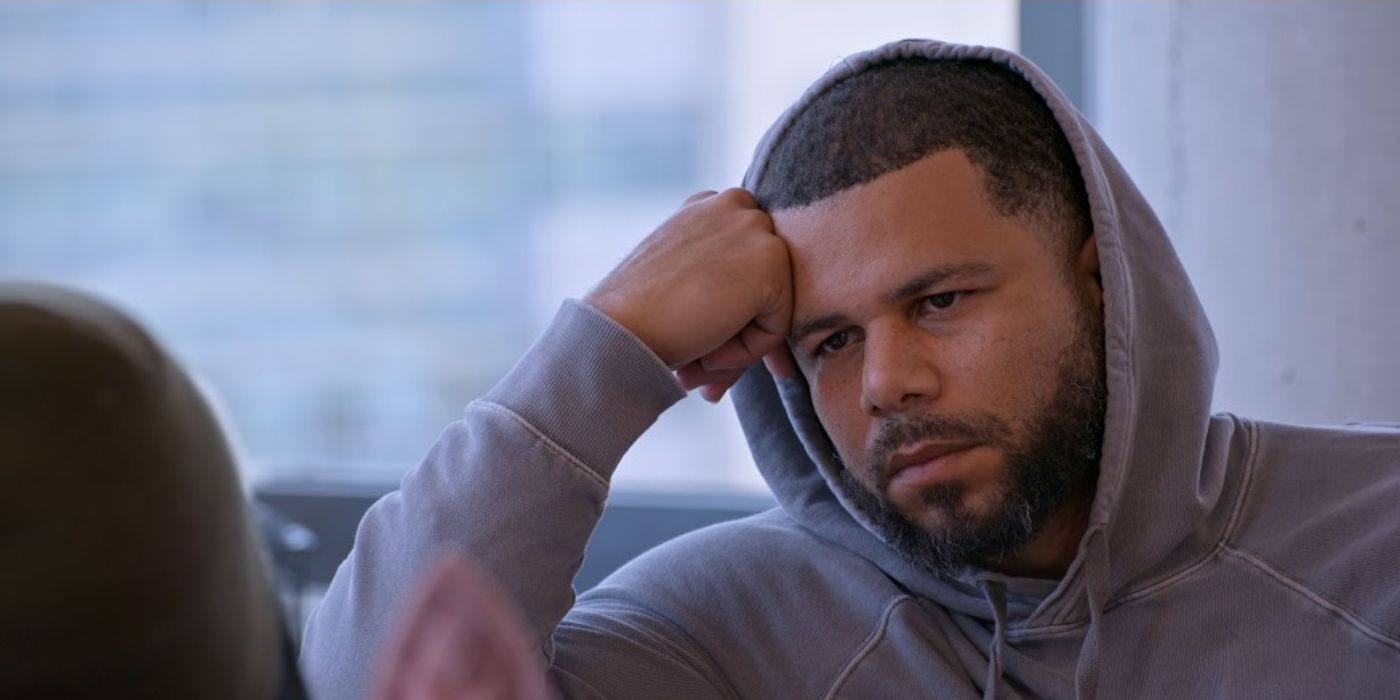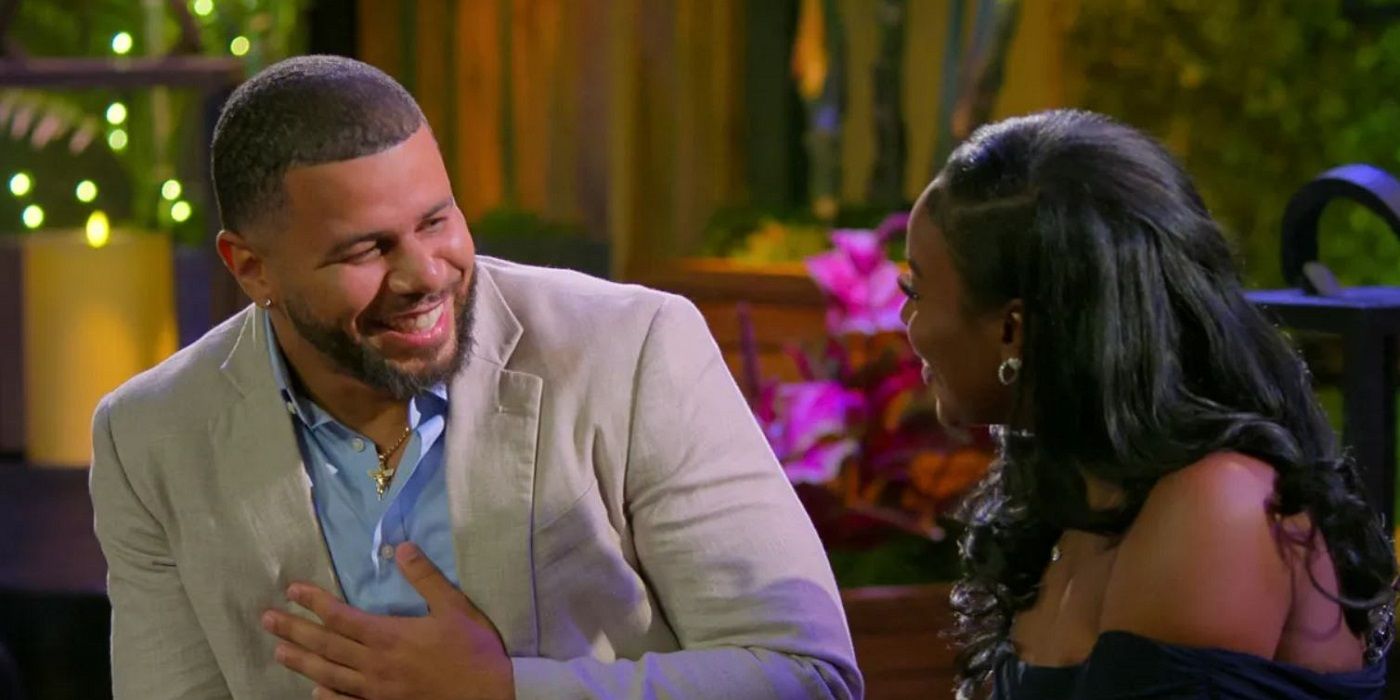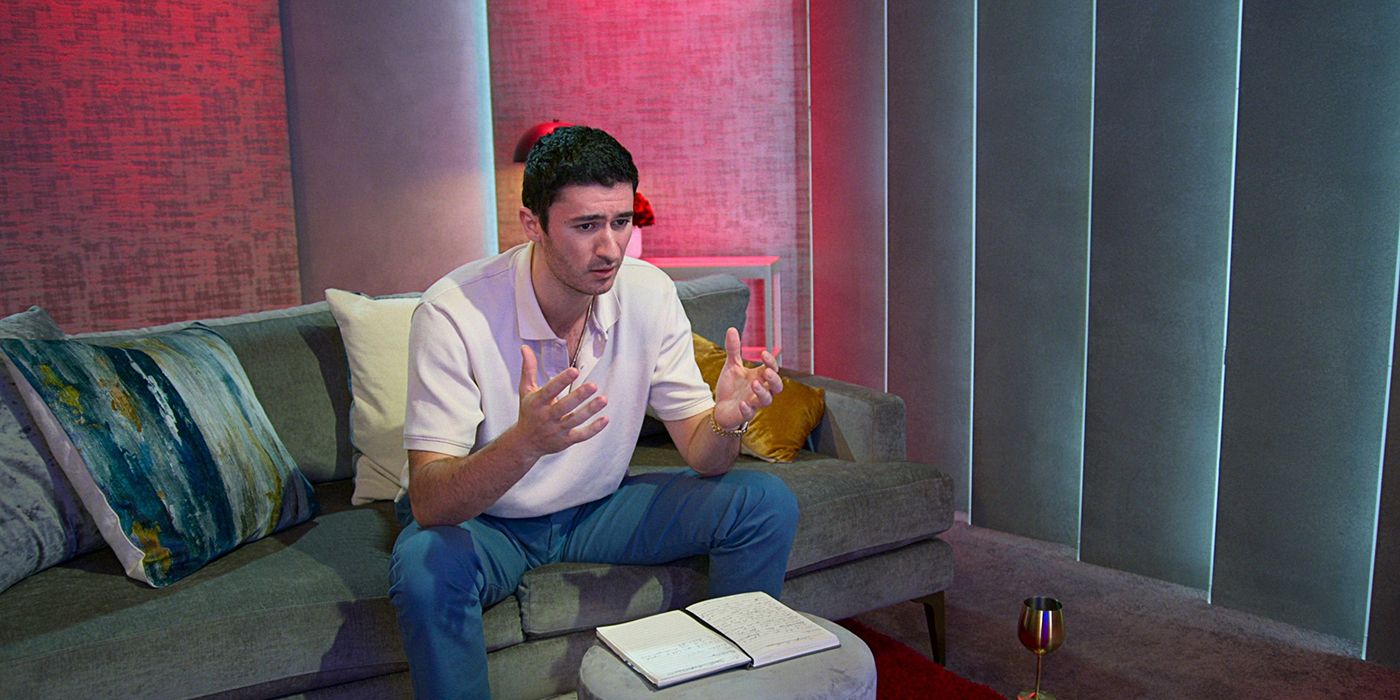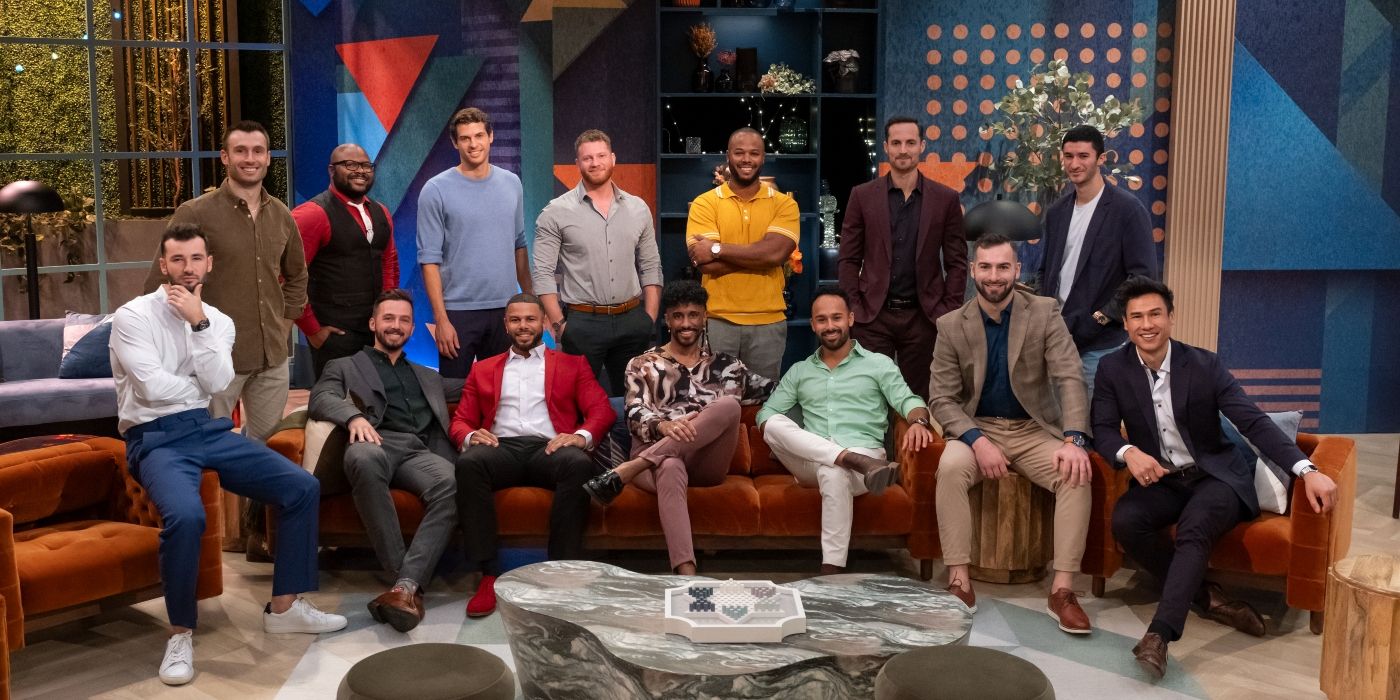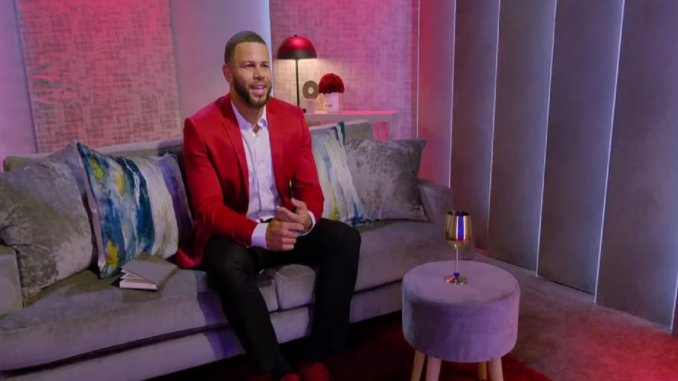
Okay, for starters, let me just say that I don’t come for someone’s job lightly. But the producers of the Netflix series Love Is Blind broke a major promise to the viewers following casting issues after Season 6 of the reality dating series, and at the very least, it seems like an overhaul of some kind is needed to correct course. Because the series is failing to deliver on its premise, which is that it is possible to not only fall in love on a reality series, but to fall in love enough to want to rush down the aisle with the partner they met on the series, sight unseen.
The series has had a persistent issue with shady men who want to throw some paint on a lemon and call it a Cadillac. I can understand an occasional con-artist slipping through the cracks, but if the casting procedures are so rigorous, as the series producers claim they are, then it stands to reason that it is either impossible to cast unproblematic men on a reality TV dating series, or the producers need to reevaluate their casting procedures. Not all problems can be fixed by throwing money at them, but there has to be a way to invest further resources to be able to catch things like hidden girlfriends and families before a casting decision is made.
But Season 7 of Love Is Blind falls short in ways that aren’t related to this persistent casting problem. There have been several inexplicable decisions this season that show the producers are not in control of the “social experiment” they claim is filled with carefully vetted contestants, who are definitely prepared to make a lasting commitment in a relationship. Since the producers continue to insist that Love Is Blind is different from the other dating series that the streaming service offers, I think there should be consequences for the consistent failure to deliver on that claim.
Season 6 Exposed a Casting Weakness That Continues In Season 7
In Season 6, the scandal around the secret girlfriend Trevor Sova had while filming Love Is Blind had producers assuring viewers that changes to the casting process were underway. But looking at Season 7’s problematic bachelors has me questioning that claim. Like, you guys really couldn’t guess that a guy living in his parent’s basement re-living his glory days as a college football kicker might not actually be ready for marriage yet? Of course, the most egregious oversight this season has been the shocking revelation that Tyler is the father of three children, whom he hid from his partner on the series until after they were well past the engagement phase, and whom he allegedly scrubbed from his social media presence once he heard that he had made it onto the series. Doesn’t this seem like something the producers and casting directors on a major reality TV dating series that apparently conducts rigorous background checks should have been able to catch?
Season 7 Producers Are Making More Bad Calls
The decision not to continue filming with Leo and Brittany after their engagement was… a choice. Now, if the producers made the decision not to move forward with filming the couple in Mexico because they caught wind of the “for exposure only” vibes of the relationship, and they wanted to nip that in the bud, I’d say that would be in line with the claim at the beginning of the season that the series would have “no more situationships.” Better yet, if the producers made the claim that they wanted to make sure they didn’t expose the cast to the kind of gaslighting and manipulations that Leo demonstrated in the pods, I would respect that.
But no, in an interview with Variety, series’ creator and executive producer Chris Coelen claimed that the reason viewers did not get to see Leo and Brittany join the other engaged couples in Mexico was because of budgetary limits. He claimed that they had only budgeted for 6 couples in the planning stages for the season, and so Leo and Brittany didn’t make the cut. Now, to me, this decision sounds like it was made by someone who cares more about the bottom line than about making excellent reality TV. To so frankly admit that this was a purely budgetary decision speaks to a lack of creative problem-solving when it comes to resolving each couple’s journey, especially considering how heavily featured Leo was in the initial stages of the season. Several of the other couples that did make it to Mexico turned out to be as problematic as Leo and Brittany were anyway, so it seems to me that the situation could have been managed differently to ensure that the show could afford to continue filming with one additional couple in the mix.
Something Has Got to Change With How ‘Love Is Blind’ Comes Together
Like I said, I don’t call for someone’s job easily, but with a series that is so far off course from where it claims to be, it is at the bare minimum reasonable to suggest a change in leadership. Because what else can viewers think at this point? If it isn’t the casting, and it’s not the producers, then it must be the premise of the series. In which case, what are we doing here?
What draws viewers to Love Is Blind is the promise of a more mature dating arena than what viewers can see on series like Too Hot To Handle and Perfect Match. The elevated concept of the series as a “social experiment,” the allegedly highly selective casting process that is supposed to prioritize individuals that have a proven desire to take the next step towards marriage, and the evidence from past seasons that the process really can work, all combine to leave viewers still hopeful that each season might bring about another supposedly successful marriage. While there may be some couples who don’t make it past the engagement phase, and other couples for whom the real world challenges pose too great an obstacle, there will also be some couples who qualify to make a case that love can be blind, at least sometimes. Since none of the couples in Season 7 seemed ready to walk down the aisle by the time the wedding finale came around, there is a deflated energy by the time the finale comes around. Which is arguably a fireable offense, since broken producer promises have led to viewers with broken trust in the franchise.


